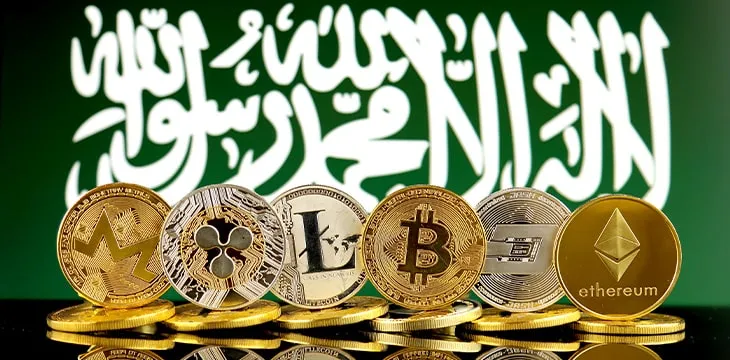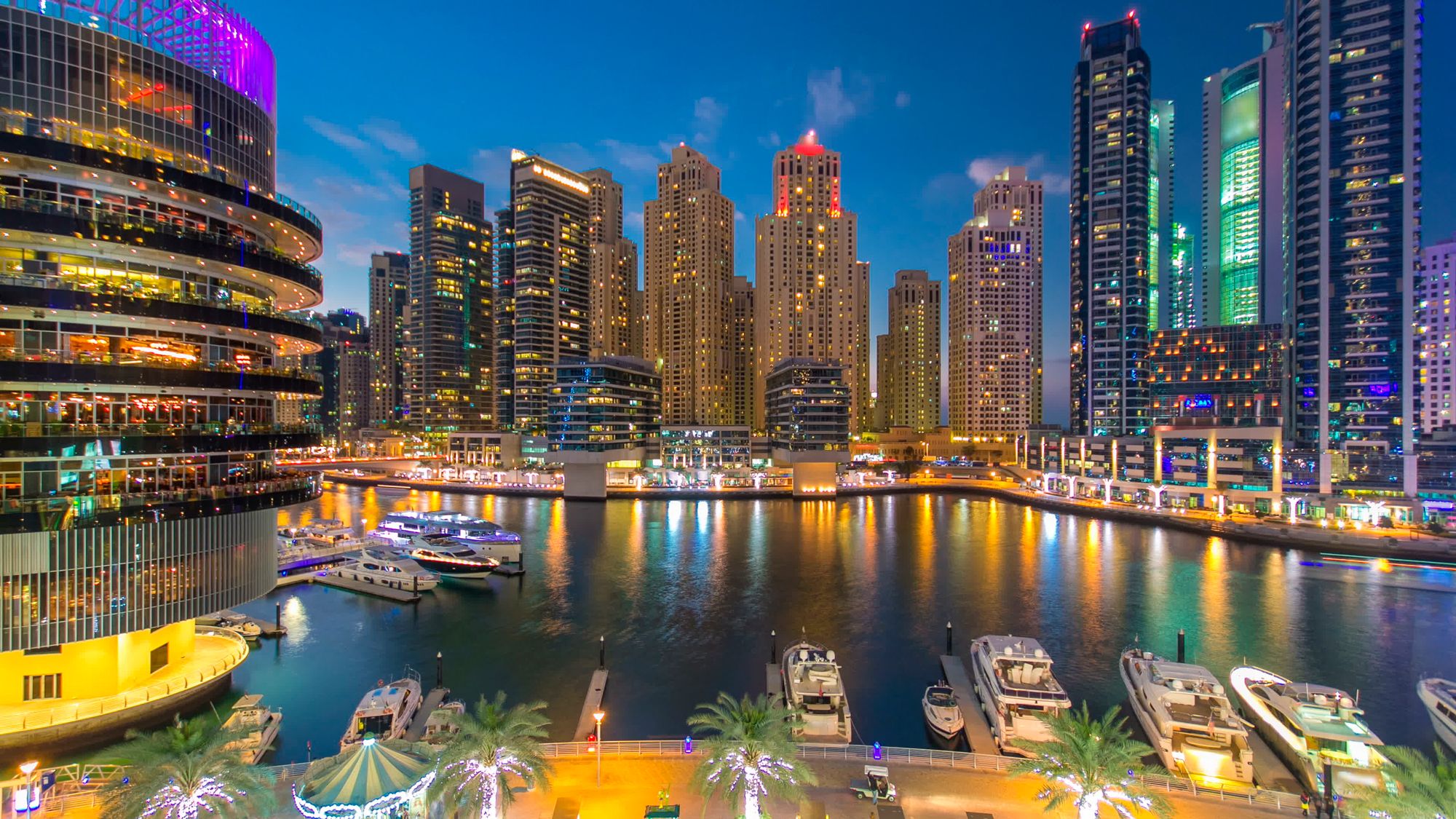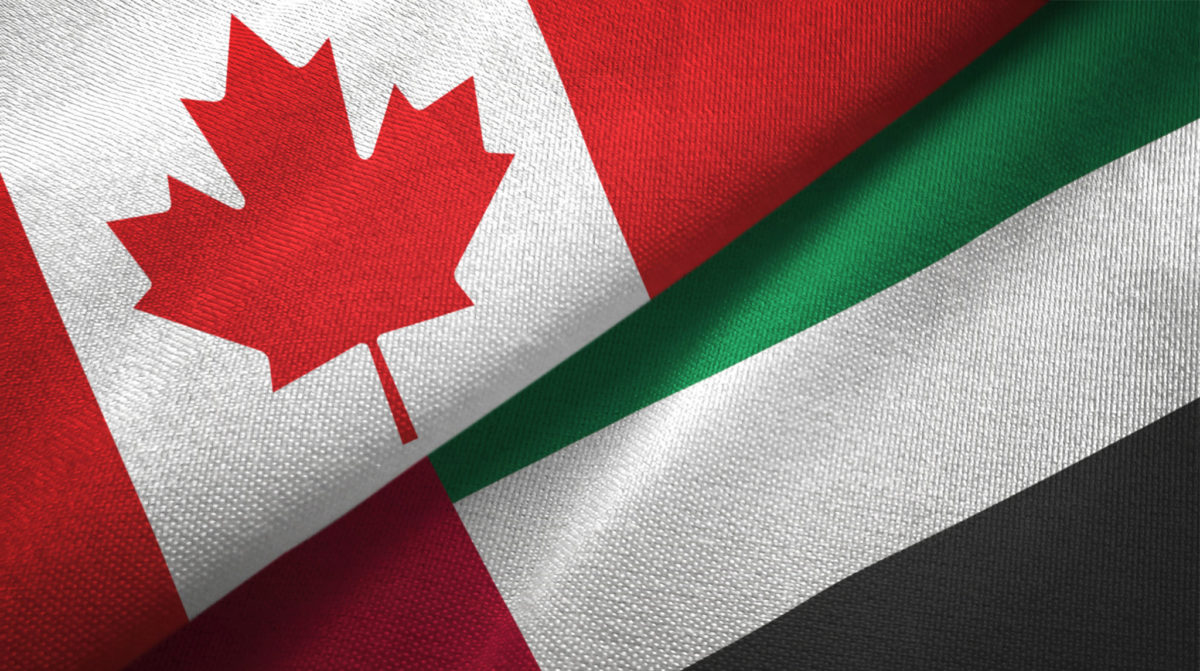As Saudi Arabia moves closer to introducing stablecoins under national regulation, global crypto exchanges are voicing strong support for the Kingdom’s emerging digital asset ambitions.
At a recent event, Saudi Arabia’s Minister of Municipal, Rural Affairs and Housing Majed al-Hogail said that the government is looking to launch stablecoins soon in partnership with the Capital Market Authority and the Central Bank.
He noted that if digital currencies are developed within Saudi values and regulations, “it will create a faster financial system.”
Advancing the financial ecosystem
Stablecoins are a form of digital currency designed to maintain a stable value by being pegged to a reserve asset such as the US dollar, gold, or another fiat currency.
Unlike cryptocurrencies – like Bitcoin or Ethereum – whose prices fluctuate sharply, stablecoins aim to combine the speed and efficiency of digital assets with the reliability of traditional money.
They are increasingly used for faster payments, remittances, and cross-border transactions. Some governments are now exploring regulated stablecoin frameworks to enhance financial inclusion and digital trade.
In the Gulf region, the UAE has allowed stablecoin payments in select sectors, paving the way for broader regional adoption.
Saudi Arabia, where over 79 percent of retail transactions are cashless, is now also well-positioned to leverage stablecoins to strengthen its role as a logistics and financial hub.
A ‘turning point’
Saudi Arabia’s exploration of regulated, utility-based stablecoins “marks a turning point for the region’s digital-asset landscape,” according to Vivien Lin, Chief Product Officer at global cryptocurrency exchange BingX.
For years, the Kingdom has invested in cashless payment rails, she noted, adding that the minister’s recent remarks signal that stablecoins may now move from research to implementation within a supervised policy framework aligned with the Saudi Central Bank (SAMA) and the Capital Market Authority (CMA).
The approach is “progressive and risk-aware,” Lin said, since it allows stablecoins to operate within already existing regulation for “instant settlement and greater liquidity efficiency.”
The Head of Regulated Regions at Bybit, Michelle Daura, also welcomed the minister’s statement as a strong sign of progress.
“Stablecoins can advance the financial ecosystem when embedded in rigorous regulatory frameworks and aligned with national values,” she said.
“We believe this pathway reflects the Kingdom’s commitment to modernization, consumer protection, and financial stability.”
Daura said Saudi Arabia is one of the most significant markets globally for digital asset development, adding that stablecoins could support payments, trade, and innovation when issued and governed transparently.
Saudi Arabia’s fintech sector is expanding rapidly and is expected to include more than 280 firms by 2025, according to Fintech Saudi.
Bybit plans to support this growth through knowledge sharing, localized product development, and collaboration with regulators and financial institutions.
Transforming payments, trade, and remittances
Both exchanges see stablecoins as a catalyst for faster, more efficient financial systems.
Lin said stablecoins “can compress settlement from days to near-instant, cut cross-border costs, and improve traceability.”
Daura shared a similar view, saying regulated stablecoins could transform payment systems and cross-border trade by providing “faster settlement, lower costs, and greater efficiency for cross-border flows.”
Sectors set to benefit most
Daura and Lin both highlighted fintech, real estate, and retail as key sectors poised to benefit from regulated digital assets.
In fintech, Daura said, digital assets can enable programmable finance, instant settlement, and inclusive financial products.
In real estate, tokenization allows fractional ownership and cross-border investment, unlocking new capital flows.
Meanwhile in retail, digital assets can enhance e-commerce, loyalty programs, and cross-border shopping – streamlining transactions and improving customer engagement.
“In all cases,” Daura said, “regulated digital assets act as enablers for innovation, aligning perfectly with Saudi Arabia’s economic diversification goals.”




